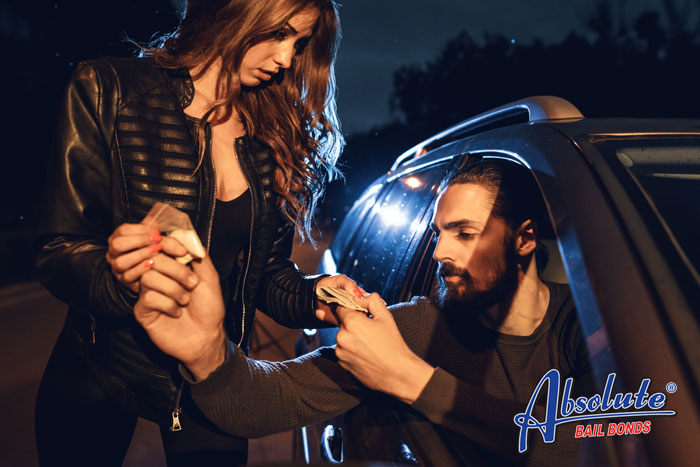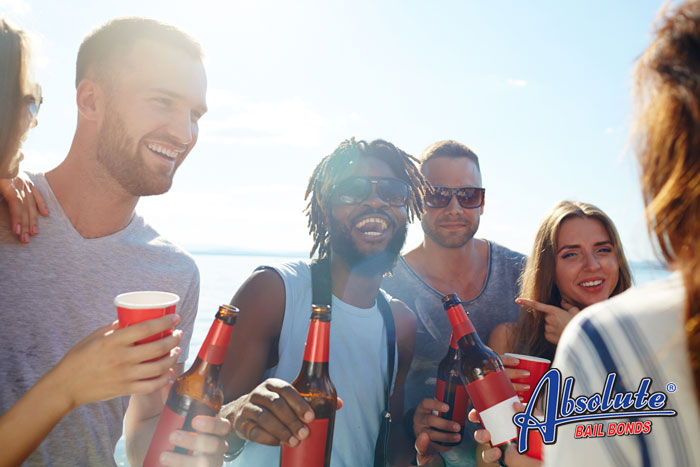
Drug Trafficking in California
Drug trafficking is a concern throughout the United States. It’s particularly concerning to California lawmakers who are aware that the state’s relatively close location to both Canada and Mexico, as well as the massive number of ports the state has made it a popular choice for drug traffickers who want to either import or export drugs.
The issue of drug trafficking is discussed in California’s Health and Safety Code 11352. It states that:
“Except as otherwise provided in this division, every person who transports, imports into this state, sells, furnishes, administers, or gives away, or offers to transport, import into this state, sell, furnish, administer, or give away, or attempts to import into this state or transport (1) any controlled substance specified in subdivision (b), (c), or (e), or paragraph (1) of subdivision (f) of Section 11054, specified in paragraph (14), (15), or (20) of subdivision (d) of Section 11054, or specified in subdivision (b) or (c) of Section 11055, or specified in subdivision (h) of Section 11056, or (2) any controlled substance classified in Schedule III, IV, or V which is a narcotic drug, unless upon the written prescription of a physician, dentist, podiatrist, or veterinarian licensed to practice in this state, shall be punished.”
If you’re charged with drug trafficking the potential consequences connected to a conviction are frightening. The judge has the option of sentencing you to 3-9 years for your first offense. You could also be hit with a $20,000 fine and be ordered to serve felony probation.
It’s important to note that you could be charged with drug trafficking even if you never make a single penny off the deal. Simply moving the drugs or giving them a friend can result in legal action.
The list of drugs you’re not legally allowed to transport in California includes, but isn’t limited to:
- Cocaine
- Peyote
- Opiates
- Heroin
- LSD
- Multiple types of prescription drugs
Most people who are hit with drug trafficking charges also find that they are charged with other crimes. Crimes commonly connected to drug trafficking include drug dealing, selling controlled substances to minors, having drugs near a controlled facility or government building, illegal distribution, prescription fraud, and more.
There are very few legal defenses that can be successfully used in drug trafficking cases. The only thing the prosecution has to prove is that not only were you moving the controlled substances from one location to another but that you were also aware that the drugs were controlled substances.

Drinking on California’s Beaches
Summer is finally here. For many of us, that means long, lazy weekends and evenings at our favorite beaches. We can’t get enough sun, sand, and surf. The big question is, can you bring a cooler full of beer to your favorite California beach?
The answer varies depending on which beach you’re going to.
If you’re in San Diego, the answer is no. The beaches have a strict, no-alcohol policy. Many state park beaches also prohibit alcohol, though some will allow you to pop a top.
The California state beaches where you can drink are:
- Carmel Beach, Monterey County
- Descanso Beach Club
- Doheny State Beach, Orange County
- Point Reyes National Seashore, Marin County
- Paradise Cove, Malibu, Los Angeles County
If you are going to one of those beaches and plan on bringing your favorite alcoholic beverages along, double-check the beach rules. Some have specific times when alcohol is prohibited.
Even on beaches where alcohol is allowed, you need to use extreme caution and make sure you don’t overindulge. If you get drunk and the police come by, you could be charged with public intoxication or even disturbing the peace.
You also need to be mindful of how much you drink before you go swimming, diving, or surfing. Getting into the water after you have been drinking slows your reflexes and dulls your judgment, increasing the likelihood of you getting hurt and drowning. The unspoken rule of thumb is that if you plan to go into the water at all, you should do so before you start drinking.
You should also expect the police to be patrolling the roads that lead to and from the beach, so you’ll want to make sure you’re sober before you slide behind the wheel. Before heading home, make sure that any remaining alcohol is properly stored in your cooler so that you don’t get caught with an open container in the car.
The other thing to keep in mind when you head to the beach is that littering is a crime. In addition to picking up all of your trash, make sure you collect your bottle tops, empty cans, and other alcohol-related paraphernalia before you leave.

